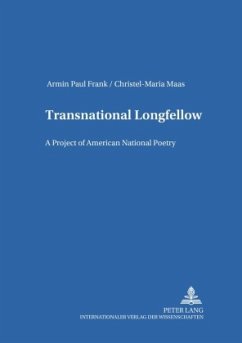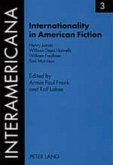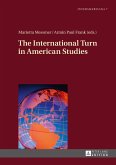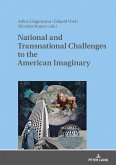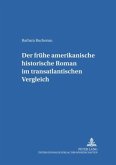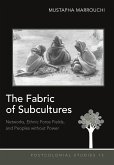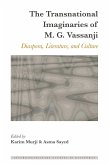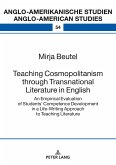This study marks a decisive advance in Longfellow studies. Instead of making do with documenting the poet's literary contacts in a biographical context, as has been the custom in the past, the authors inquire into the uses he made of European works for the English-American literature in the making. Focusing on Longfellow's widely famous poem, Evangeline, and the internationally most ambitious poet's anthology, Tales of a Wayside Inn, they demonstrate that the poet-professor's program and practice of an integrative, transnational American poetry that includes translations adapts the model that the Schlegel Brothers recommended for German literature - a cultural late-comer as was that of the U.S.A. In the process, they identify a number of correlative works so far overlooked.
«Recently, a fascinating approach to literary studies called 'writer response criticism' originated among Americanists at the University of Göttingen. It marks a promising advance over the Constance Model of 'reception aesthetics'. By focusing on the act of writing in the context not of a given academic discipline but of the choices made by the writer under study, the Göttingen Model transcends the customary national perspective to take the transnational intertext fully into account. Writer response studies delineate the choices made, in the act of writing, among rival perspectives and the artistic potential provided by different literatures and cultures. This concept of literary writing as the challenging of competing foreign literatures by means of modification, transformation, and purposeful avoidance also serves to liberate the customary, nationally circumscribed literary historiography by methodically engaging the comprehensive but focused internationality of literary life. This emphasis is one of the strongest assets of the Göttingen Model. It accounts for its originality and innovative force. (Roland Hagenbüchle, Zürich)

